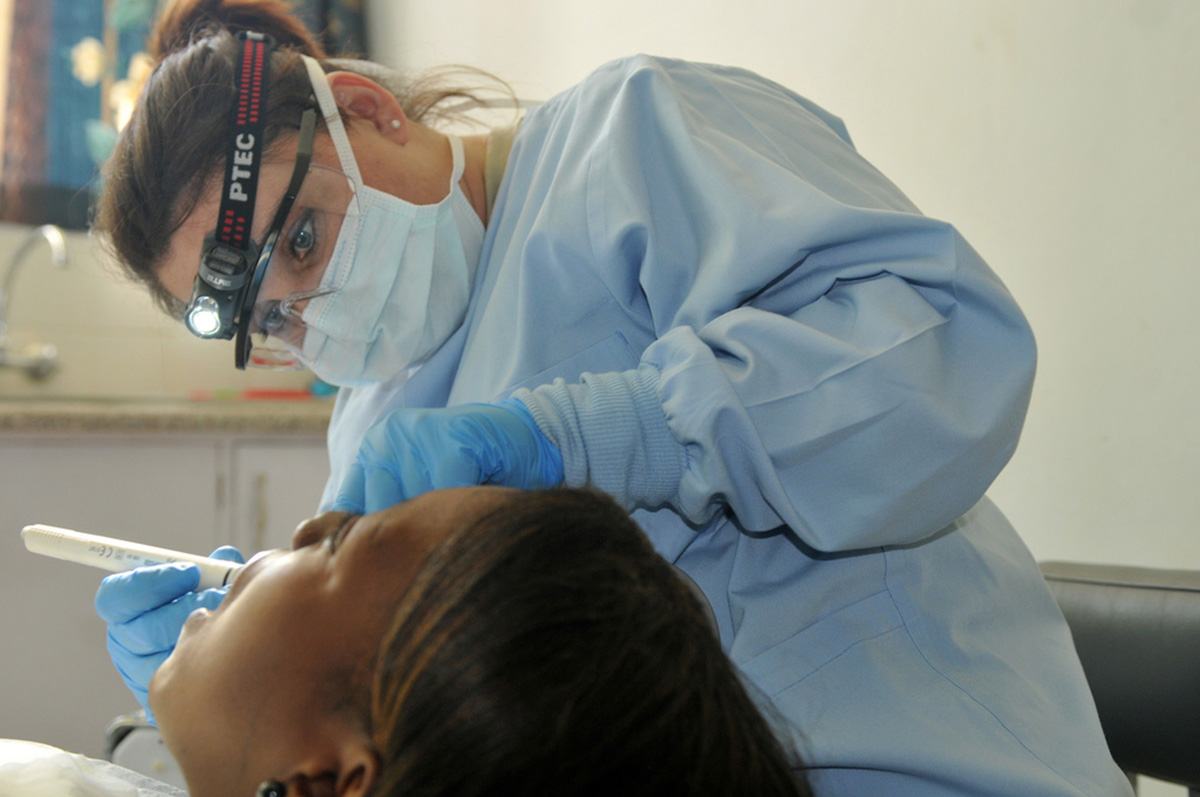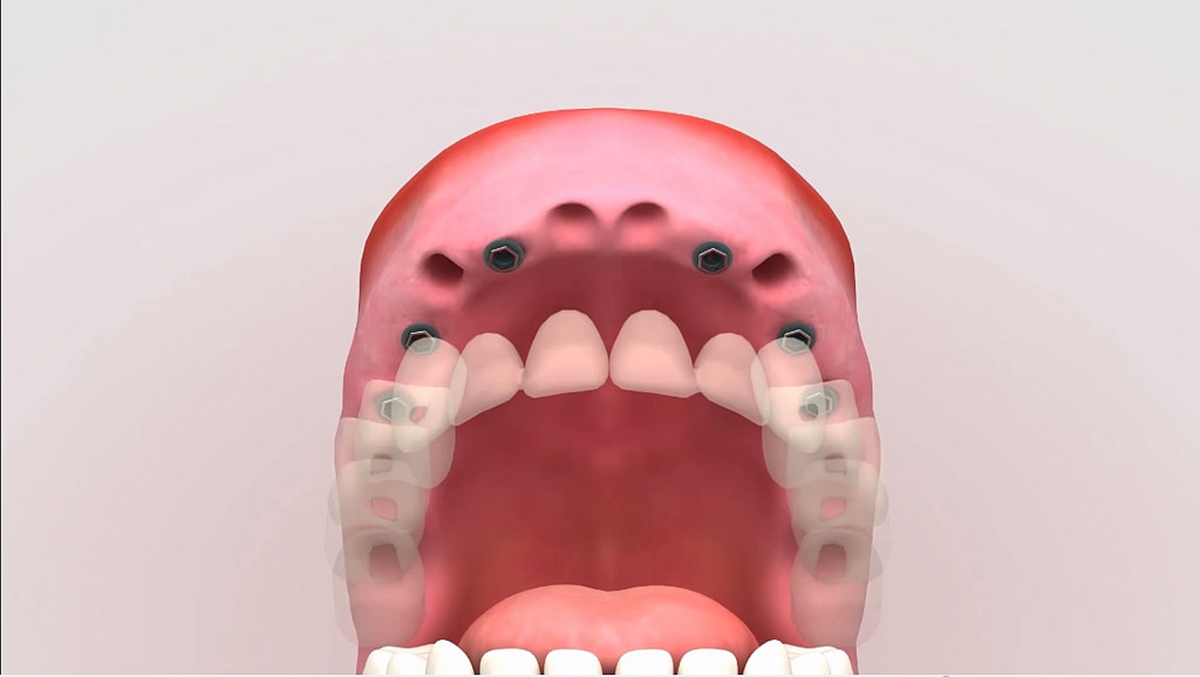Oral and maxillofacial (OMF) surgeons specialise in treating defects, injuries and diseases that affect the neck, head, face, jaws, as well as the hard and soft tissues of the mouth, face and jaws.

These conditions include the following issues of the above-mentioned anatomy:
- Benign cysts or tumours
- Malignant oral or head and neck cancers
- Benign and malignant skin cancers
- Congenital abnormalities such as cleft lip and palate
- Cranial vault abnormalities such as craniosynostosis.
- Temporomandibular joint (TMJ) disorders
- Chronic facial pain disorders
- Surgical correction of facial asymmetry and under-/over-bites.
- Soft and hard tissue trauma such as nasal, cheek, jaw, skull, eye socket (orbital) and LeFort fractures.
In countries such as Australia, Canada, Israel and the United States, oral and maxillofacial surgery is a recognized specialty of dentistry. In other countries such as the UK and in most of Europe, this discipline is regarded as a specialty of both medicine and dentistry.
Training
In order for a doctor to be able to specialise in OMF surgery, they either have to complete an undergraduate degree in medicine or dentistry or both, depending on the country they are studying in. A medical degree can take 5-6 years to complete and a dentistry degree 3-4 years. A candidate for OMF surgery will then apply for a post in this discipline if there are consultants available to mentor and train these doctors. If the candidate is successful with their application, they are then admitted into the residency programme which takes 4-6 years to complete.
READ Which Is The Best Private Dental College In India?
After an OMF surgeon has completed their residency programme, they can then decide to specialise further by taking part in a fellowship programme that can take 1-2 years to complete.
These fellowship sub-specialties include the following disciplines:
- Craniofacial surgery
- Cranio-maxillofacial trauma
- Head and neck cancer surgery
- Cleft lip/palate surgery
- Microvascular reconstruction
- Cosmetic facial surgery
- Pediatric maxillofacial surgery
- Head and neck reconstructive (plastic) surgery
OMF surgical procedures
OMF surgeons can perform a wide variety of procedures. Some of these procedures can overlap those of other surgical disciplines such as ENT surgery and plastic and reconstructive surgery. Procedures of an OMF surgeon include the following:
- Difficult tooth extractions.
- Removal of impacted teeth.
- Bone grafting to provide a better environment for placing of dentures, implants or other dental prosthetics.
- Extractions on medically compromised patients.
- Maxillofacial implants for attaching bone anchored hearing aids and craniofacial prosthetics.
- Surgery to insert bone-fused dental implants.
- Surgical treatment for obstructive sleep apnea
- Corrective jaw surgery
- Maxillomandibular advancement
- Cosmetic surgery of the head and neck such as rhinoplasty, otoplasty, facelifts, blepharoplasty, browlifts, septoplasty, chin or cheek augmentation, lip enhancement, neck liposuction and injectable cosmetic treatments.
The use of laser in OMF surgery
The CO2 (carbon dioxide) laser incorporates the simultaneous use of photo-thermal ablation and coagulation. For this reason it has remained the gold standard for soft tissue surgery by OMF surgeons. The CO2 laser is used in dental and oral surgery for nearly all soft-tissue procedures such as operculectomies, gingivecomies, frenectomies and vestibuloplasties. The use of this laser has also been gaining popularity in the field of periodontology, and it may be effective in treating peri-implantitis.
The Schedule Of An Oral And Maxillofacial Surgeon
An OMF surgeon will consult with their hospital patients 1-2 times a day, depending on the patient's progress after surgery, and this is done every morning before they start with any other work in their rooms. The specialist will provide post-surgical care for the patient until they are ready to be discharged.
OMF surgeons will be on call for the hospital they work at and will see emergency patients when needed. Emergency cases can include traumatic fractures of the facial and nasal bones as well as dental emergencies such as missing or cracked teeth due to trauma.

Monday
The OMF surgeon will begin the week by perform administrative duties such as confirming meetings for the week, confirming the surgical lists for patients that have already been booked and checking on investigative results of patients.
The specialist will then consult patients for the day. If there any any aesthetic procedures to be done, then they are performed in the procedure room of the office. Any other aesthetic procedures that require general anaesthesia, and most dental procedures, will be done at a day-surgery clinic where the patient will receive a surgical date. More complex procedures, that will require a stay in hospital, will be performed at an acute hospital for which the patient will receive a surgical date for as well.
Tuesday
The OMF surgeon will be booked to perform operations on patients in the acute hospital for the whole day. Procedures that may be performed here include bone grafting in order to provide better anatomy for the placing of dental prosthetics, reconstructive jaw surgery, open surgery for internal fixation of facial and nasal fractures and any procedures on medically compromised patients that also need the care of a physician.
Wednesday
The specialist may use a Wednesday morning to perform procedures at the day-surgery clinics. These would include cosmetic procedures such as rhinoplasty, otoplasty, face-lifts, blepharoplasty, chin and cheek augmentations, etc., as well as dental procedures such as extracting difficult or impacted teeth.
Patients are consulted further in the afternoons and managed appropriately as mentioned on a Monday.
Thursday
Thursday mornings may be spent in surgery, either at the day surgery clinic or acute hospital.
The afternoon may be spent on training post-graduate OMF candidates, research for the specialist's own further training, filling out motivation letters for medical insurance companies or giving feedback to referring healthcare professionals.
READ Dental Implants as a Solution to Missing Teeth
Friday
Friday is usually reserved for dealing with any administrative issues that haven't been resolved yet. This would include finalising the surgical list for the following week regarding patients that had been seen in the current week.
If there are no administrative issues, then the day could also be divided between performing surgery and consulting with patients.
Once the work week in done, the OMF specialist will either have the weekend off or be on call for the hospital. In the case of the latter, the doctor will have to take care of their patients and the patients of colleagues that have discussed them with the doctor on call.
- en.wikipedia.org/wiki/Oral_and_maxillofacial_surgery
- Photo courtesy of usarmyafrica: www.flickr.com/photos/usarmyafrica/5725063775/
- Photo courtesy of com_salud: www.flickr.com/photos/com_salud/21155810804/
- Photo courtesy of usarmyafrica: www.flickr.com/photos/usarmyafrica/5725063775/


Your thoughts on this